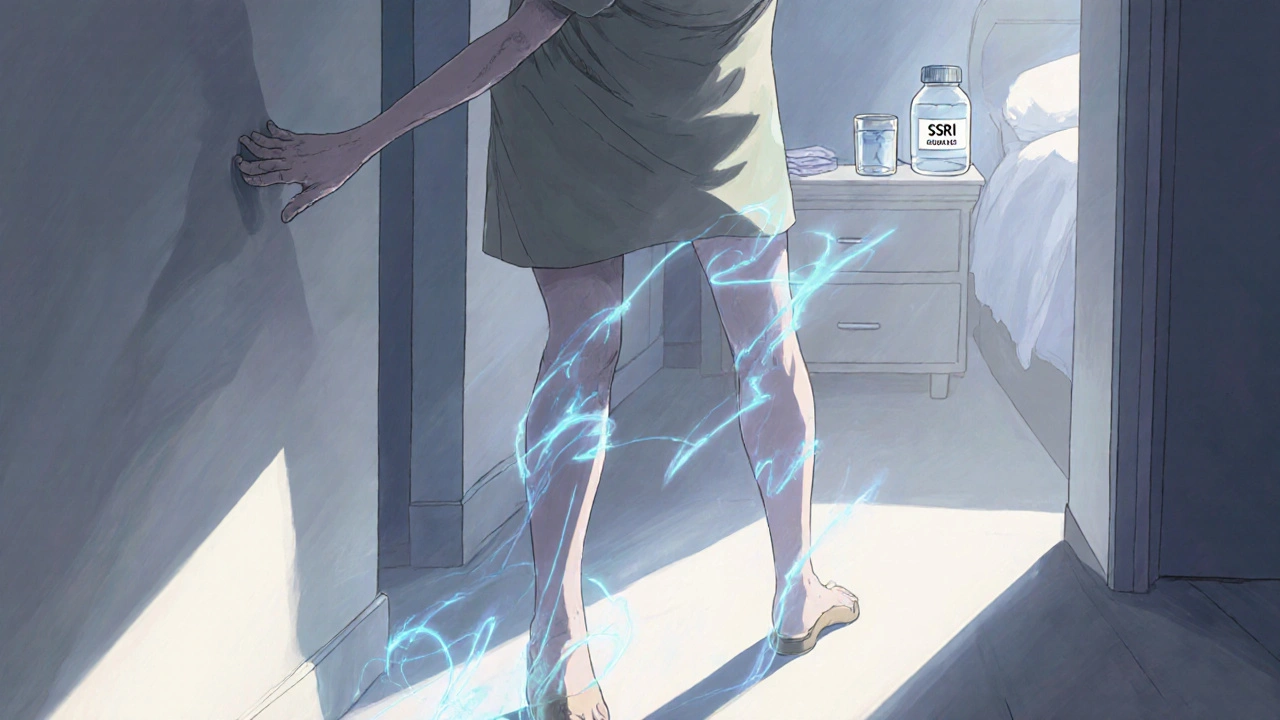Hyponatremia: Causes, Symptoms, and Medications That Affect Sodium Levels
When your blood sodium drops too low, you’re dealing with hyponatremia, a condition where sodium levels in the blood fall below 135 mmol/L, disrupting fluid balance and nerve function. Also known as low sodium, it’s not just about drinking too much water—it’s often tied to how your body handles fluids because of medications, illness, or kidney issues. Sodium isn’t just table salt. It’s a key electrolyte that helps control blood pressure, nerve signals, and muscle function. When levels slip, symptoms can be sneaky: nausea, headaches, confusion, or even seizures in severe cases. Many people don’t realize they have it until it’s advanced.
Several common drugs can cause hyponatremia, a side effect that happens when medications interfere with the body’s ability to regulate water and sodium. Diuretics like hydrochlorothiazide, antidepressants such as SSRIs, and pain meds like NSAIDs are frequent culprits. Even some heart and hormone treatments, including medroxyprogesterone, a hormone therapy used in men to lower testosterone, can throw off your sodium balance. The problem isn’t always the drug itself—it’s how your body responds over time. Older adults, people with heart or kidney disease, and those on multiple medications are at higher risk.
Hyponatremia doesn’t happen in a vacuum. It often connects to other conditions you might be managing. For example, dehydration, a state where your body loses more fluid than it takes in, can lead to low sodium if you drink too much plain water without replacing electrolytes. On the flip side, conditions like SIADH (syndrome of inappropriate antidiuretic hormone secretion) cause your body to hold onto water, diluting sodium. It’s not just about what you eat or drink—it’s about how your body processes it. And if you’re on long-term opioid therapy, you might also be at risk, since opioids, pain medications that can alter hormone levels and fluid regulation, are linked to low testosterone and electrolyte shifts.
What you’ll find in these articles isn’t just theory. It’s real-world insight from people who’ve dealt with side effects, drug interactions, and unclear diagnoses. You’ll see how digital tools help track medication adherence, why some OTC painkillers quietly mess with sodium, and how hospital formularies decide which drugs are safer for patients with kidney or heart issues. There’s no fluff—just clear facts on what causes hyponatremia, which meds to watch, and how to talk to your doctor before it becomes an emergency.
Older Adults on SSRIs: How to Prevent Hyponatremia and Falls
SSRIs help older adults with depression but raise the risk of hyponatremia and falls. Learn who's most at risk, what symptoms to watch for, safer alternatives, and how to prevent serious complications.
© 2026. All rights reserved.

